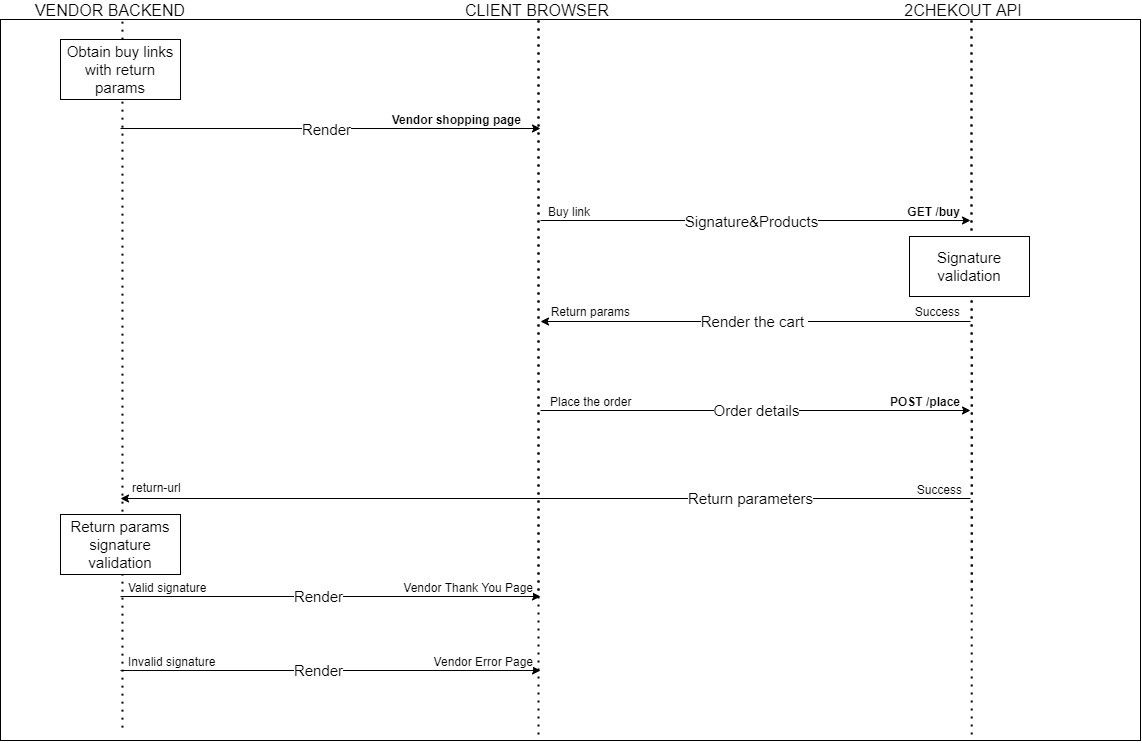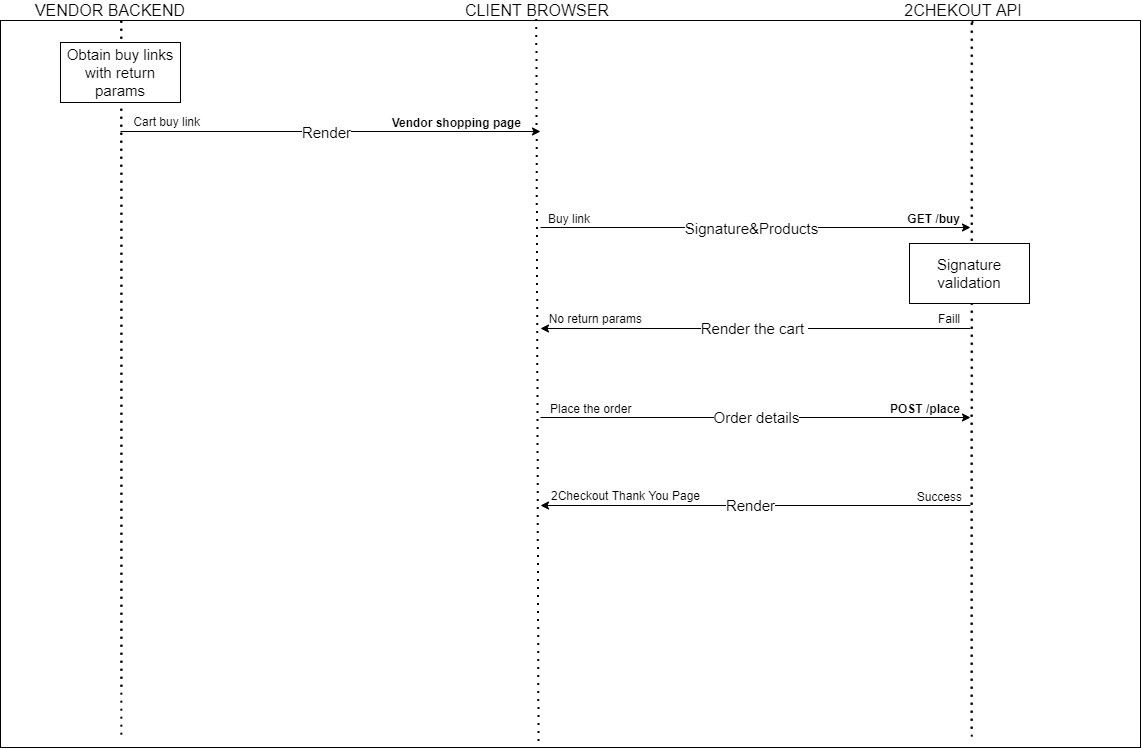Retrieve a customer
Overview
Use the getCustomerInformation method to retrieve the details of a customer entity from the Avangate system.
Parameters
| Parameters | Type/Description |
|---|---|
|
sessionID |
Required (string) |
|
|
Session identifier, the output of the Login method. Include sessionID into all your requests. Avangate throws an exception if the values are incorrect. The sessionID expires in 10 minutes. |
|
AvangateCustomerReference |
Required (int) |
|
System-generated customer reference. Required unless you prefer to use ExternalCustomerReference. |
|
|
ExternalCustomerReference |
Optional (string) |
|
|
External customer reference that you control. Optional when you use AvangateCustomerReference. If you include it, it needs to belong to the same customer as the AvangateCustomerReference. |
Request
<?php
require ('PATH_TO_AUTH');
$customerReference = CUSTOMER_REFERENCE;
$externalCustomerReference = 'EXT_CUSTOMER_REFERENCE'; //Optional, but if you include it it needs to belong to the same customer as the internal Avangate customer reference
$jsonRpcRequest = array (
'method' => 'getCustomerInformation',
'params' => array($sessionID, $customerReference, $externalCustomerReference),
'id' => $i++,
'jsonrpc' => '2.0');
var_dump (callRPC((Object)$jsonRpcRequest, $host, true));
Response
| Parameters | Type/Description |
|---|---|
|
Object |



